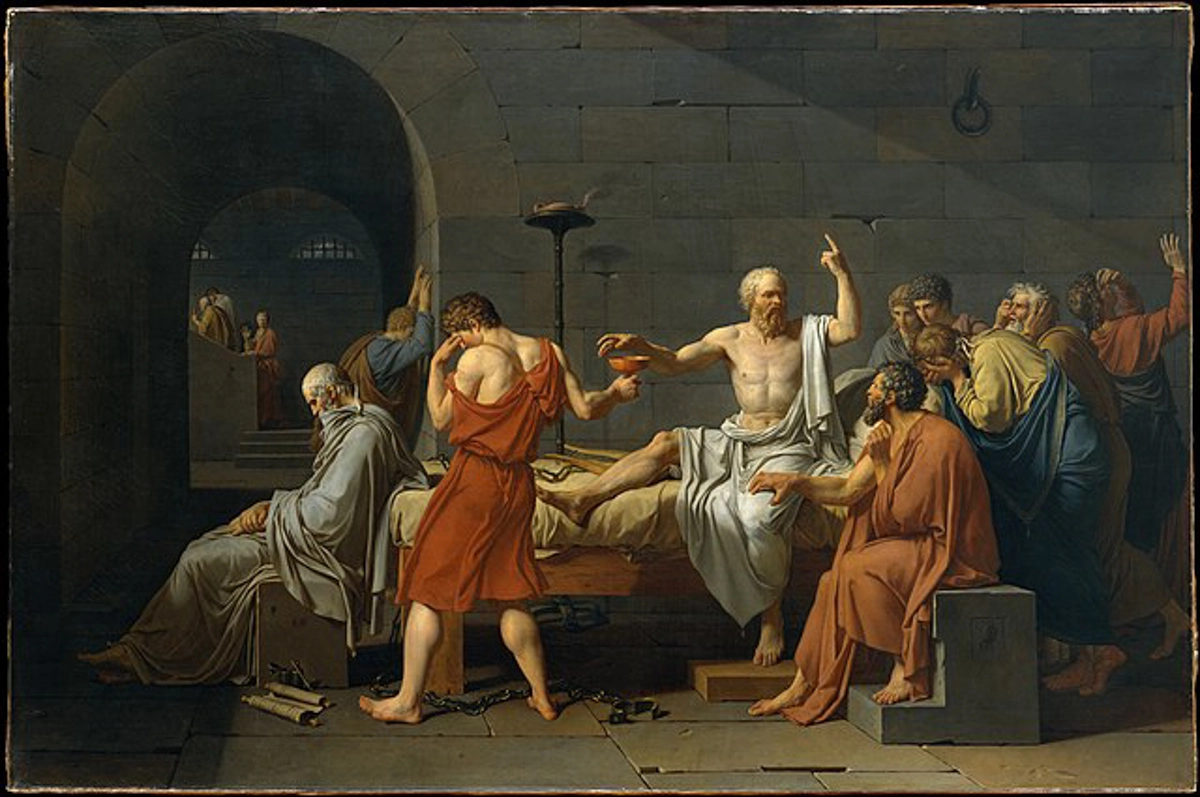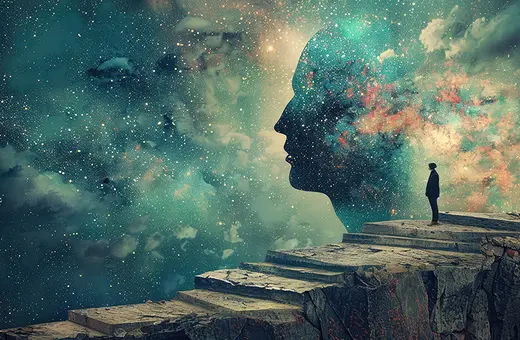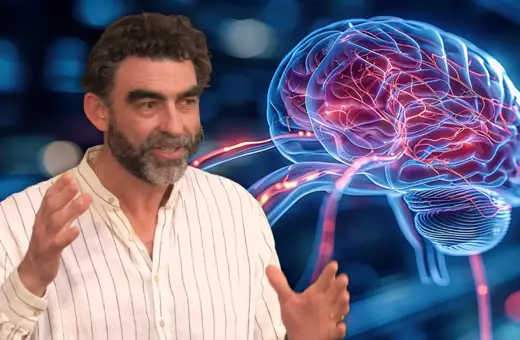Humans are emotional creatures before they are rational ones. So, in order to get people to appreciate a rational argument, we must engage their emotions first. Mark Lilla here argues that having our beliefs challenged is often an emotionally unpleasant experience, and to counter this unpleasantness of being wrong and to counter humanity's will to ignorance, we must make reasoned debate emotionally rewarding.
Aristotle taught that all human beings want to know. Our own experience teaches us that all human beings also want not to know, sometimes fiercely so. This has always been true, but there are certain historical periods—we are living in one—when the denial of evident truths seems to be gaining the upper hand, as if some psychological bacillus were spreading by unknown means, the antidote suddenly powerless. Mesmerized crowds follow preposterous prophets, irrational rumors trigger fanatical acts, and magical thinking crowds out common sense and expertise. One can always find proximate causes of such surges in resistance to truth, whether historical events or social changes or new intellectual and religious currents promising a holiday from reality. The source lies deeper, though, in ourselves and in the world itself, which takes no heed of our wishes.
SUGGESTED VIEWING Philosophy at war With Maria Balaska, Hilary Lawson, Paul Horwich, Lisa Randall
Knowing is an emotional experience. It is not simply a matter of the senses sending messages to the brain, synapses firing, propositions being formed and their logic tested. The desire to know is exactly that, a desire. And whenever our desires are satisfied or thwarted, our feelings are engaged. Even in trivial matters, we feel something about what we learn. Say, for example, a toaster I own breaks and needs to be fixed. I look at the manual, I watch videos, I ask questions, I tinker, and with any luck I learn how to make it work again. I feel satisfied, and doubly so. Not only can I use the machine again, I have also confirmed my sense of being the kind of person who can seek knowledge, find it, and use it. Toast and self-satisfaction: not a bad way to start the day.
Resisting knowledge is an emotional experience, too. Opposed to the drive to knowledge, Nietzsche wrote, is:
an apparently opposite drive, a suddenly erupting decision in favor of Ignorance, of deliberate exclusion, a shutting of one’s windows, an internal No to this or that, a refusal to let things approach, a kind of state of defense against much that is knowable, a satisfaction with the dark, with the limiting horizon, a Yea and Amen to ignorance.
Living in the shadow of the modern Enlightenment, we are accustomed to hearing curiosity extolled for the material benefits it brings and for the contribution it makes to what we today consider our most precious possession: inner freedom. For just that reason, perhaps, we are less accustomed to observing and reflecting on curiosity as a purely psychological drive charged with unruly passions. There is of course a long tradition of thinking that looks askance at the human passion for knowing and raises doubts about its value for life. Reasons can be given for the desire to know; reasons also can be given for constraining that desire.






















Join the conversation